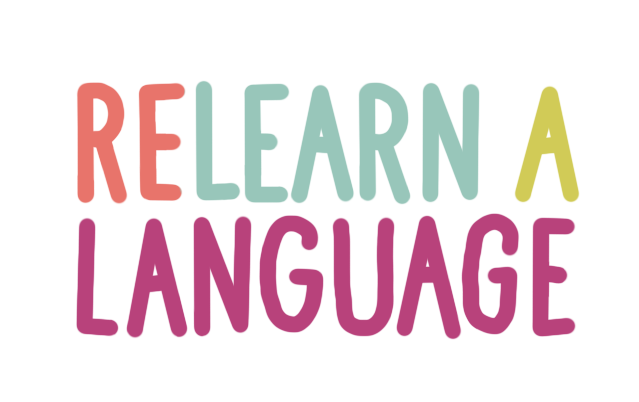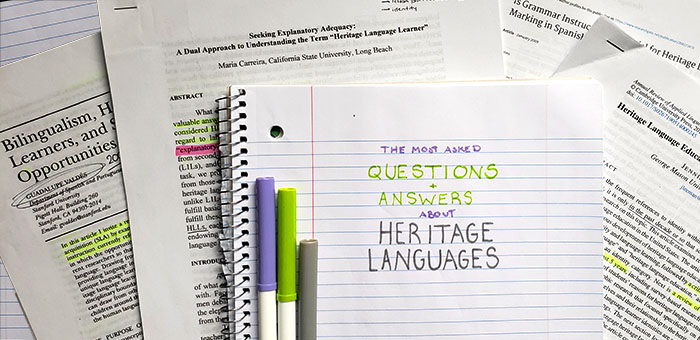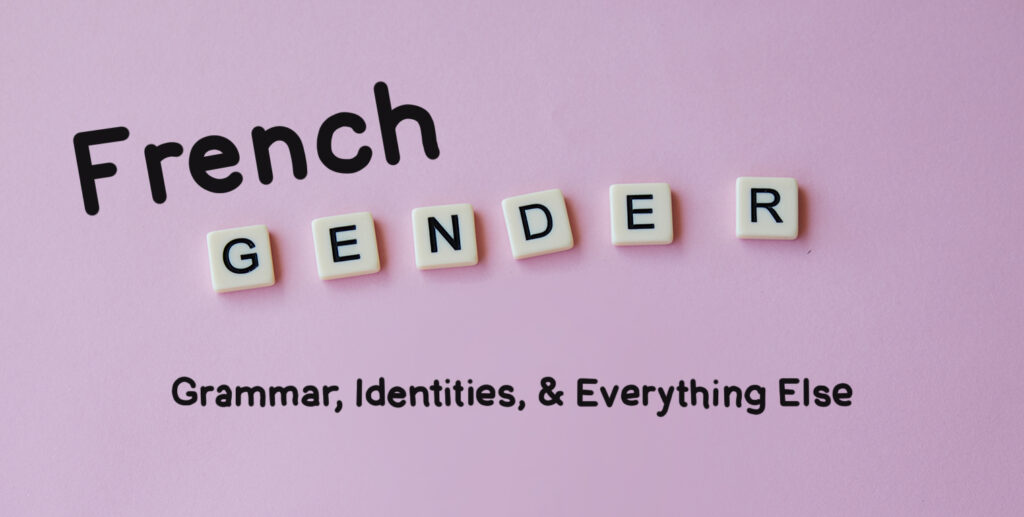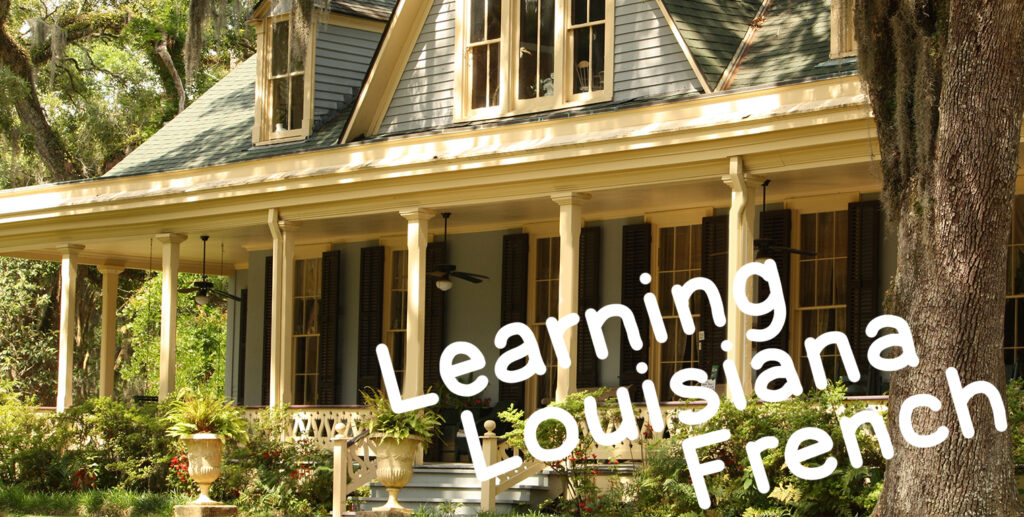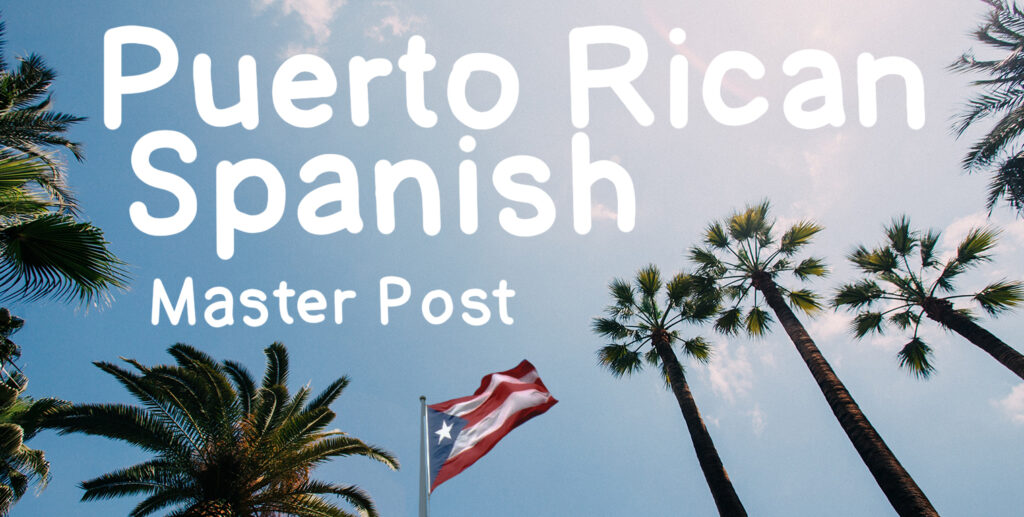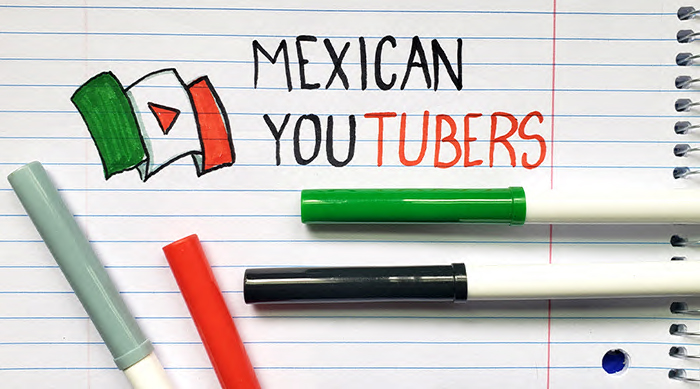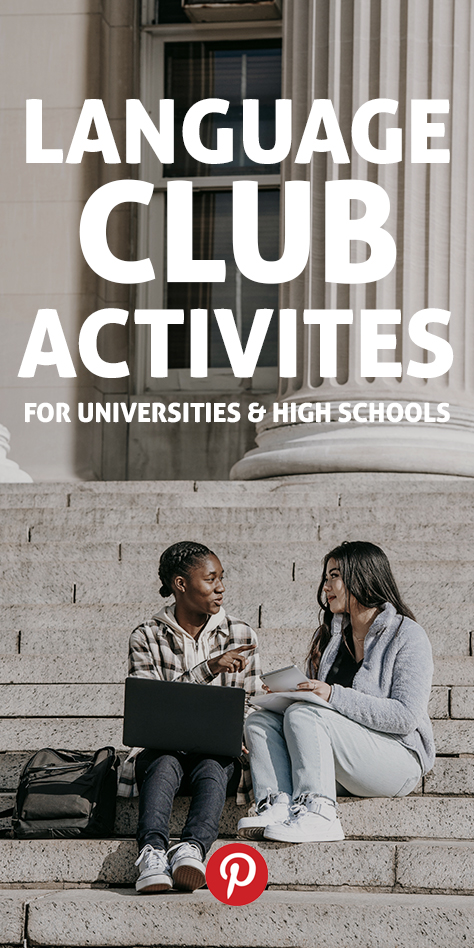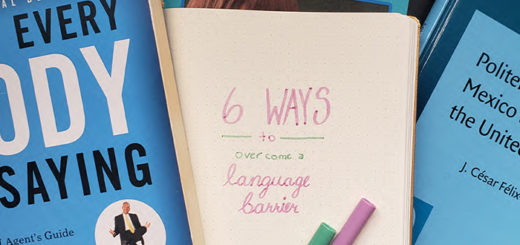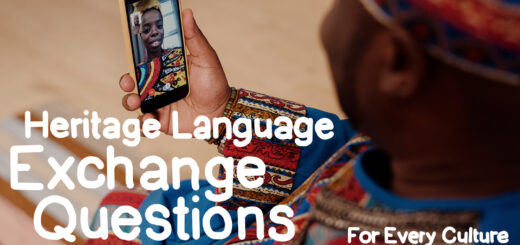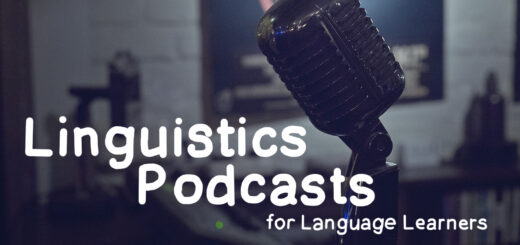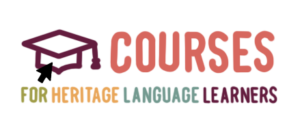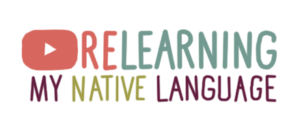Heritage Speakers’ Pantry [10 Student Resources]
by Marissa Blaszko · October 27, 2021

Heritage speakers trying to relearn or improve their heritage language often lack the specific cultural, linguistic, and psychological support they need in almost every learning setting.
When I myself studied my own heritage language in university, the term was never even mentioned in class–despite over half of all the students being heritage speakers themselves.
So after more than a decade of struggling with (and eventually learning about) my identity as a heritage language speaker, I created the Heritage Speakers’ Pantry.
This page is a collection of all the different tools available to unsupported heritage language students, including some resources created by this website.
The goal is that if a language teacher can provide the recipe for how to learn a language, then a heritage language speaker could grab whatever other utensils, spices, and guidance they need from the resources on this page.
If you're a language teacher or professor, please consider including this resource on your syllabus, department website, or online discussion group.
Everything here is designed for students to use as a supplement in other programs and is equal parts fun to use and research-based.
THE HERITAGE SPEAKERS' PANTRY
- Heritage Language FAQ
- DBT Skills for Heritage Speakers
- The Heritage Language Journal
- Heritage Language Teacher Certifications
- Heritage Speakers on Social Media
- At-Home Cultural Immersion Course
- Gender-Creative Language Resources
- Heritage Dialect Media
- Language Club Activities
- Resources for Intergenerational Trauma
Heritage Language FAQ
For a basic understanding of what heritage languages are and how someone’s status as a heritage speaker would affect their learning, check out our Heritage Language FAQ where we break down the most basic scholarship about heritage languages in a way that’s easy to understand and remember.
That article is also ideal for students who need to convince professors, departments, or institutions why special money needs to be allocated to fund heritage language programs in areas with significant diaspora populations.
DBT Skills for Heritage Speakers
Before we dive into any other tools for heritage speakers, we need to address the shame, guilt, anxiety, or even trauma responses that heritage speakers face when trying to use their HL (specifically in speaking and writing).
Unfortunately, very few (if any) language teachers are equipt to help students with the emotional parts of language learning, which for heritage speakers can be harder to cope with than for foreign language learners.
Dialectical Behavioral Therapy is a type of treatment that teaches patients (or in our example, heritage language speakers) new skills in order to improve their emotional wellbeing.
DBT is best administered by a therapist, but these skills are easy to at least try for the first time on your own (since some students may not be able to access therapy).
Read along with some common emotional traps heritage language learners can fall into, then watch the video to see how you can best apply this DBT skill to your own heritage language.
A core emotional management skill when dealing with the stress, anxiety, shame, or guilt of heritage language learning is mindfulness. You may have heard of mindfulness on social media, but learning to be observant, non-judgemental, and descriptive with your own emotions can save you from late-night study panic attacks or the general emotional chaos of college.
But sometimes, these waves of feelings can come onto heritage language users without warning and in really unhelpful times (in class, while speaking with a professor, while studying before exams), so practicing skills now before you get into a potentially panic-inducing scenario can help you navigate them then.
The first of these two distress tolerance skills is called ACCEPTS.
Now, since we’re all individuals we might all find some skills easier (and more effective) than others. If ACCEPTS isn’t for you, then try the self-soothing skill, which engages more of your senses than your mind.
Finally, one of the hardest things I’ve had to make peace with is that I’ll never sound like a “full native” in my own first language.
When that starts to bug me, I use radical acceptance, although it takes a lot of time to really make peace with and struggling for a number of months and years is a normal part of growth.
These exercises are best tried one at a time, reflecting every day as to how and when you can use them in various situations. With time, these conscious strategies can become unconscious skills.
If these skills seem like something you really want to learn, you can use the Psychology Today online therapist directory and filter by your location, insurance, and DBT / Dialectical Behavioral Therapy.
You can also find the full DBT manual online, but be warned that it can be overwhelming to work through without a trained expert.
The Heritage Language Journal
The HL Journal is the only academic publication devoted entirely to the transmission, teaching, and linguistic particularities of heritage languages.
You can also learn more about the National HL Resource Center, although their resources are focused on aiding faculty and researchers, not heritage speakers or students.
Heritage Language Teacher Certifications
Finally, if you’re a teacher using this list in your classroom, we have a final resource for you.
Since most research on heritage speakers as been hypothetical and based in pure linguistics, there are limited resources for language teachers trying to work with heritage language learners.
UCLA, the hub of heritage speaker research in the US, has the only HL teacher training programs online.
If you're an educator who works with heritage speakers, please help other teachers and students find this resource.
Meet Heritage Speakers on Social Media
Right now there’s almost no one making heritage speakers’ content on social, but I’m leaving this section as an optimistic placeholder.
With millions of heritage language users throughout the world, I truly believe it’s a matter of time until an online community develops.
If you’re considering making heritage language content online, connect with me via my Instagram @MultilingualMarissa or check out the Relearn A Language YouTube channel.
My goal in the next year is to put together a real list of HL content creators. If you want to be added here, you can also get in touch with me via the comments on this page.
At-Home Cultural Immersion Course
One thing that immensely frustrated me about studying as a heritage speaker is that I was given grammar drills for my own language, but none of my own cultural context.
I created this free, at-home cultural immersion course for passive bilingual heritage speakers.
Click here to sign up on Teachable.com and use it in conjunction with any other resources your teacher might be giving you.
Gender-Creative Language Resources
Another problem that heritage speakers might face is the negation of their identities in one language when switching to another.
I’ve written two guides (styled similarly to the Heritage Speakers’ Pantry) for French and Spanish heritage speakers about navigating language and identities through their two languages.
Click here for the French Gender guide, which focuses on creatively bending grammar rules as well as the richness of french LGBTQAI+ traditions.
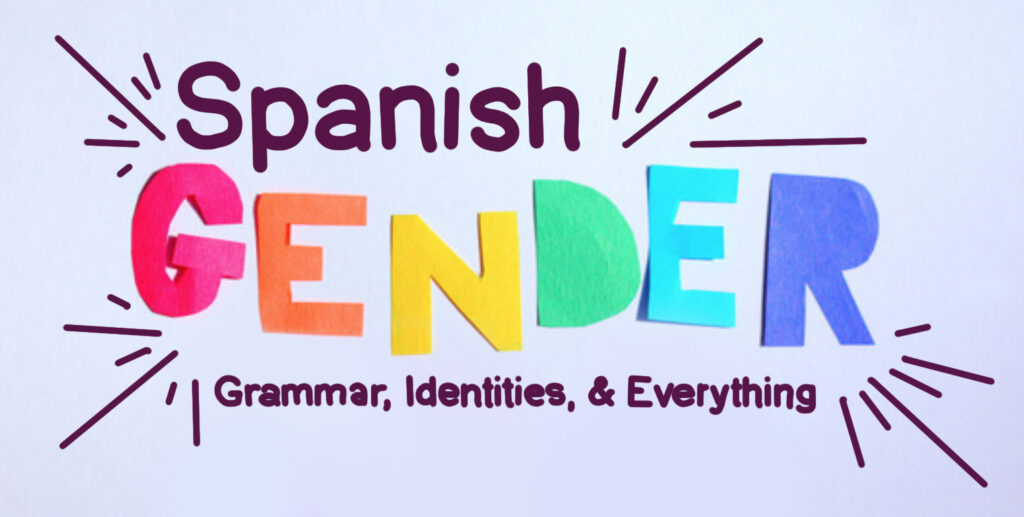
Click here for the Spanish gender guide, which focuses on the many options for bending binary gender and a ton fo LGBTQAI+ media for listening practice.
Heritage Dialect Speakers' Media
Heritage speakers should also be empowered to speak their own linguistic variations, and not just the standardized business or governmental forms of a language.
I have several resource lists here, again focusing largely on French and Spanish, but students should be encouraged to find and embrace their own identities.
Click here for our resource list for all things French Louisiana. To my knowledge, all online resources in existence are covered here. (And if not, let me know what I missed.)
Click here for the Puerto Rican Spanish master post, which has original teaching materials as well media lists.
Click here for Mexican YouTubers, which are my favorite way to get real-life language immersion when you’re not in a region or country that speaks the language.
Language Club Activities
Odds are any given university has a number of heritage speakers who share a common culture, whether or not that language is popularly spoken in other regions of their country.
Click here for our post about language club activities so heritage speaker students can find each other and find ways to connect with their languages in a real-life, social setting.
The post is specifically for high schools and colleges, and all of the activities can be run by the students themselves.
Resources for Intergenerational Trauma
Finally, if you’re trying to (re)learn your family’s heritage language, it’s because the chain of language transmission was broken likely by migration, physical or cultural genocide, or adoption / residential boarding schools.
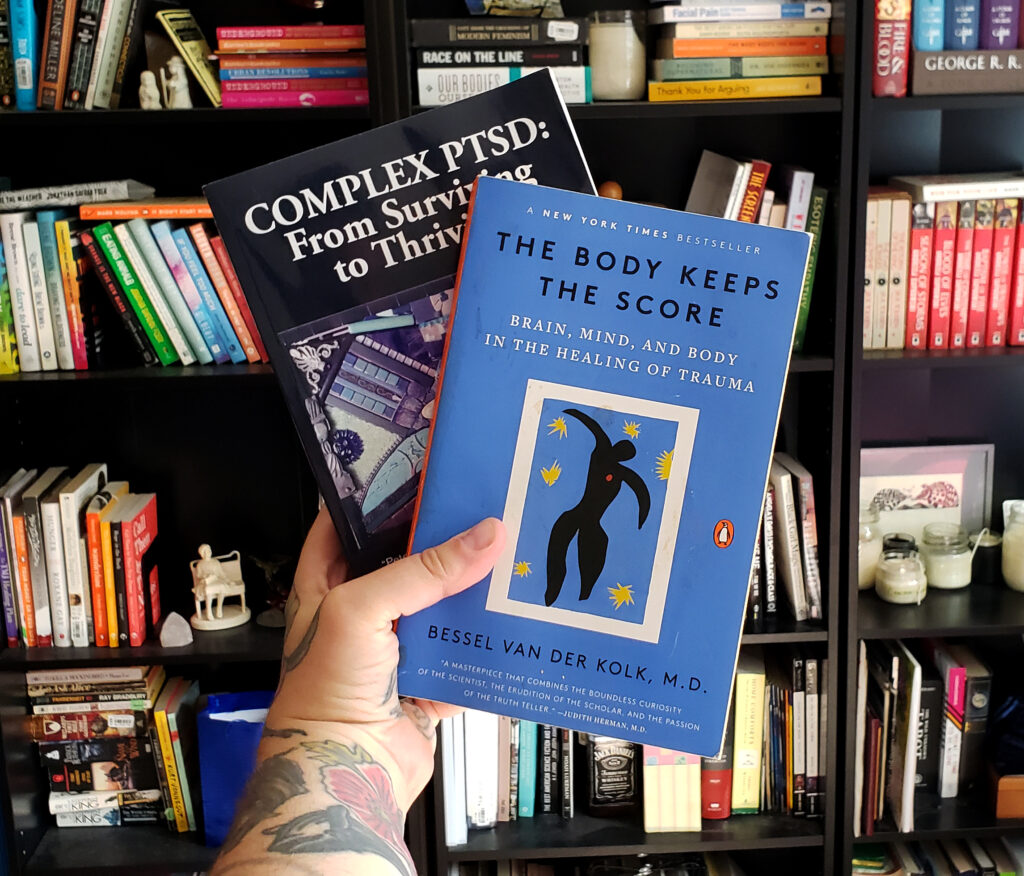
If you find the process of (re)connecting with your roots as a heritage user is outside of your emotional window of tolerance, here are a few resources you might find helpful in healing from intergenerational or familial trauma.
- Body Keeps the Score, Bessel van der Kolk
- Complex PTSD: From Surviving to Thriving, Pete Walker
(From a heritage language / social justice point of view, I do not recommend the book It Didn’t Start With You, which focuses on reconnecting with potentially abusive family and ignores historic racism and imperialism.)
Additional Intergenerational Trauma Resources
- Strengthening Families Program (for First Nation, indigenous, and pre-European contact people)
- International Society of Trauma and Dissociation (leading clinical specialists in the field)
- Psychology Today Therapist Directory (filter by insurance type and trauma focus, but message several about their understanding of intergenerational trauma)
Help Fill the Heritage Speakers' Pantry
This tool-based bibliography is a full of the best resources online for students looking to connect with their heritage languages.
If you know of any resources we missed that would specifically benefit students looking to supplement an existing program’s resources, please leave them in the comments!
We’re happy to give credit if we add them and invite everyone to contribute to this living resource.

